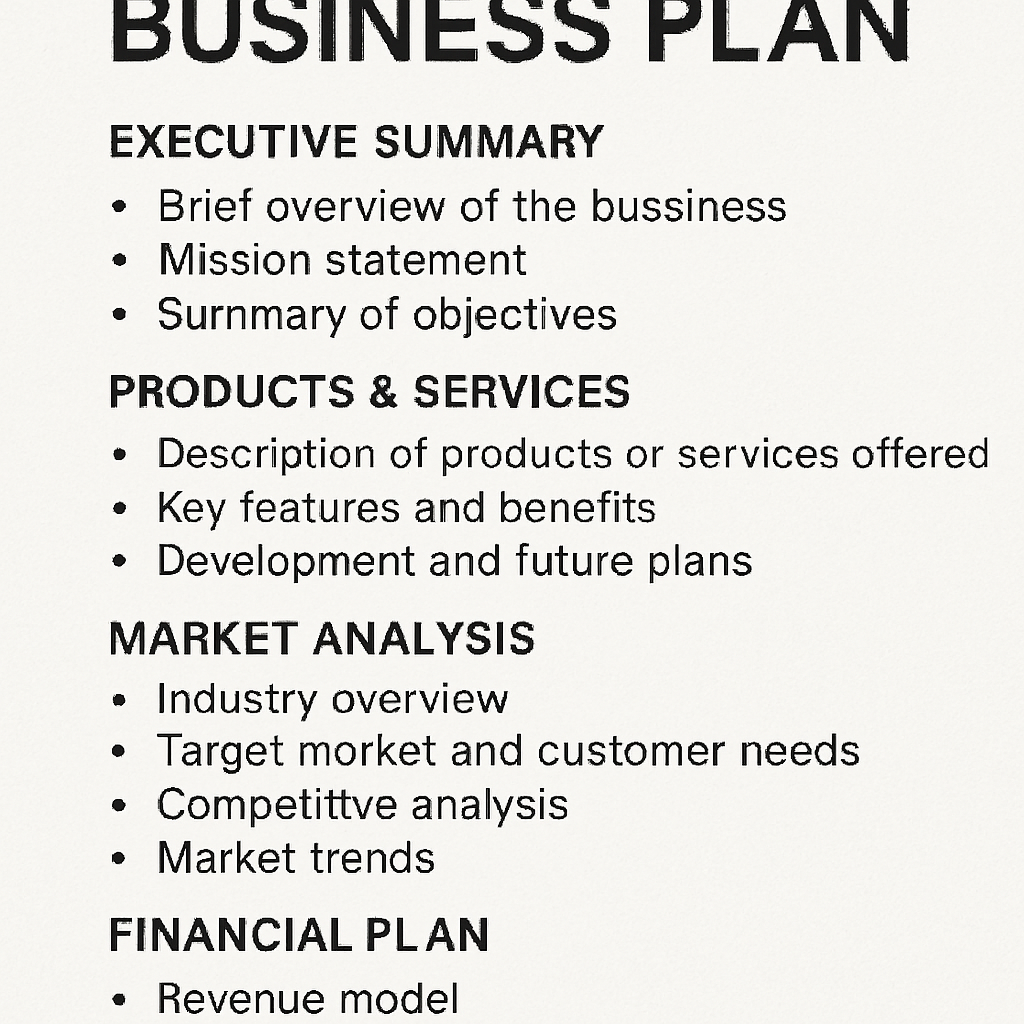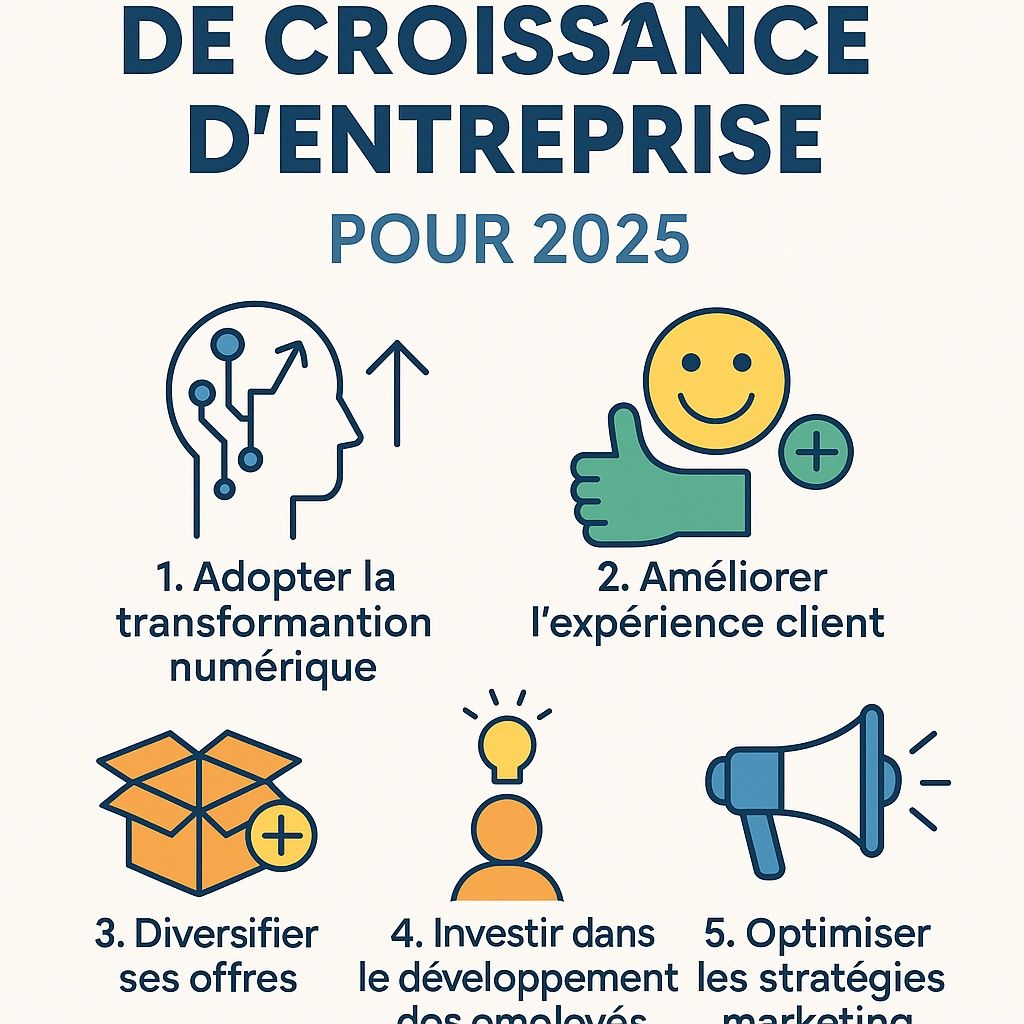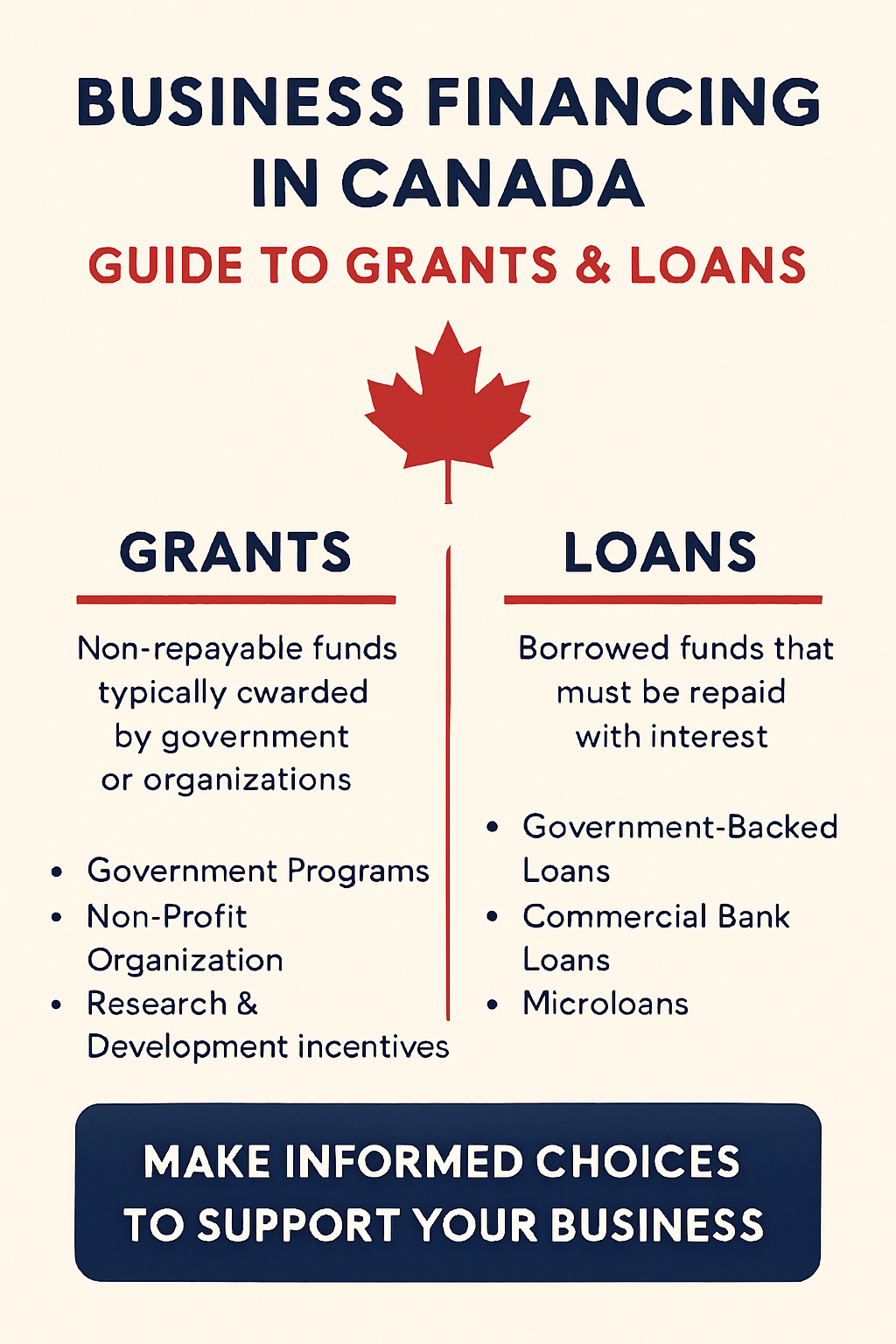Artificial Intelligence (AI) is transforming our world, revolutionizing both business operations and our daily lives. As these tools become more advanced and accessible, they are being integrated into numerous sectors. This article explores the future of AI tools, focusing on chatbots, applications, and emerging technologies.
Best examples of AI chatbots
AI chatbots have become a cornerstone of customer service, offering 24/7 assistance and handling multiple requests simultaneously. Tools like ChatGPT stand out for their ability to understand and generate natural text. Other examples, such as Google's Meena or Facebook's BlenderBot, go even further by offering more nuanced and personalized interactions.
AI Applications
AI is revolutionizing health, finance, logistics, manufacturing, and education. Medical applications predict diseases and suggest personalized treatments. In finance, they analyze market trends and optimize investment decisions. In logistics and manufacturing, they improve efficiency and reduce costs. In education, they tailor learning content to each student.
AI in everyday tools
Virtual personal assistants, smart navigation systems, and connected home devices exemplify the growing impact of AI. Siri, Alexa, or Google Assistant make daily tasks easier, while navigation systems optimize routes in real time. Smart devices, such as thermostats or refrigerators, learn preferences for increased efficiency.
Most advanced AI tools
Models such as OpenAI's GPT-3 or Google's BERT are pushing the boundaries of AI. These models are capable of translating, generating creative text, analyzing sentiments, or recognizing images. Their versatility opens up prospects in software development, content creation, and much more.
Best AI tools for developers
Frameworks like TensorFlow and PyTorch enable developers to create complex AI models. IBM Watson offers ready-to-integrate services, making it easier to add AI features without advanced expertise. These tools promote innovation in various fields.
AI tools for businesses
Companies are adopting AI tools to automate, analyze, and personalize. AI-powered CRMs optimize marketing strategies and customer loyalty. Analytic platforms predict trends and enhance performance. Marketing automation, in turn, personalizes campaigns and increases engagement.
AI for marketing and sales
AI segments audiences, predicts needs, and optimizes advertising campaigns. In sales, it assists with lead scoring, forecasting, and prioritizing prospects. AI chatbots engage with prospects, respond instantly, and strengthen customer relationships.
Free and accessible AI tools
Tools like Google AutoML or open-source libraries (Scikit-learn, Keras) are democratizing AI. Free chatbots on Messenger allow small businesses to improve customer service without high costs. These resources make AI accessible to everyone.
AI tools for learning and development
Platforms like Coursera or edX offer courses on AI, while GitHub provides open-source projects for practice. Online forums and communities facilitate mutual aid and knowledge sharing, promoting skill development.
AI and ethical considerations
AI ethics are paramount: combating biases, protecting data, and ensuring transparency. The use of diversified datasets and privacy-preserving techniques, such as differential privacy, contribute to responsible development.
Impact of AI on society
AI can solve major challenges, such as optimizing healthcare or combating climate change. However, it also poses challenges such as job loss and privacy concerns. Training and supporting workers is essential for a successful transition.
Conclusion
AI tools are redefining our interactions with technology. Their future looks promising, provided that we adopt a responsible and ethical approach. By continuing to innovate and educate, we can fully harness their potential and build a more connected and sustainable future.



 Carl Lucier
Carl Lucier
